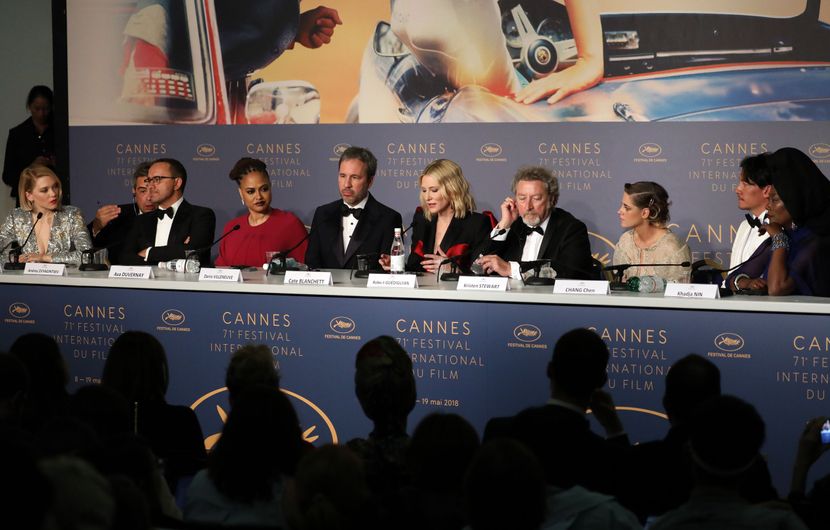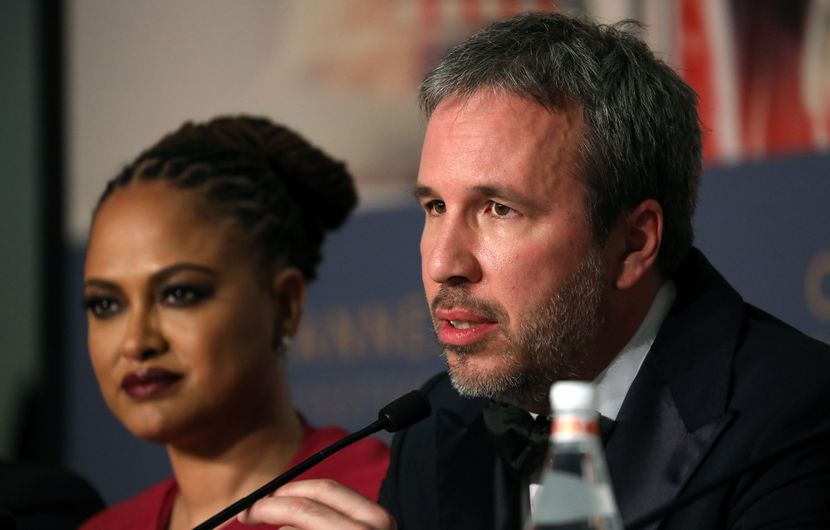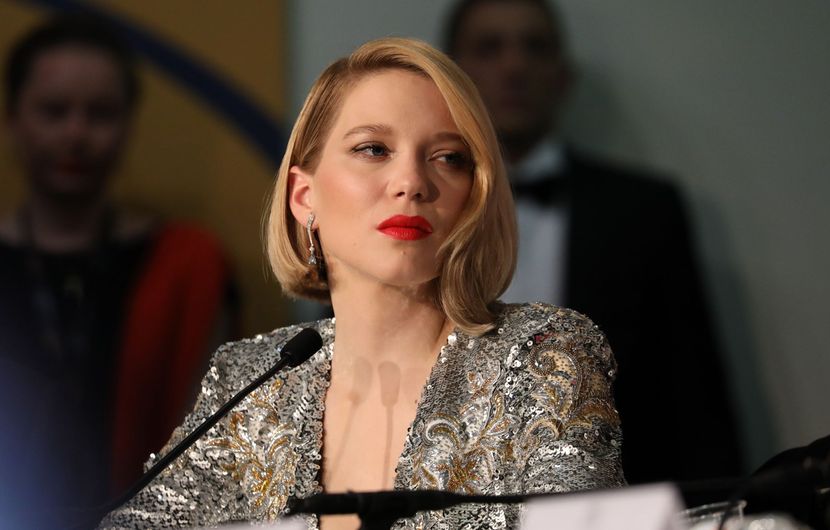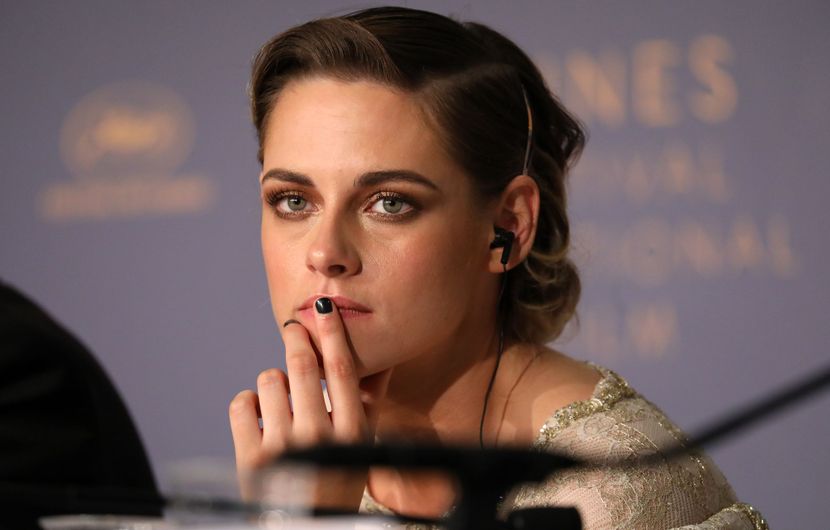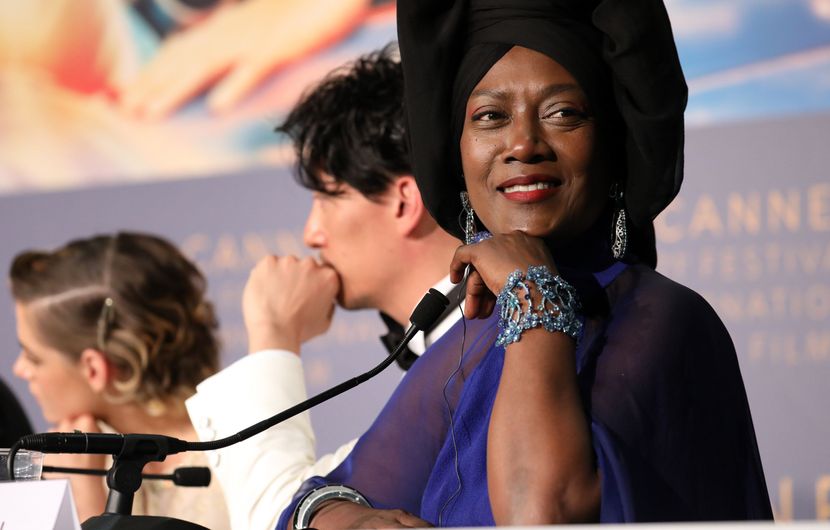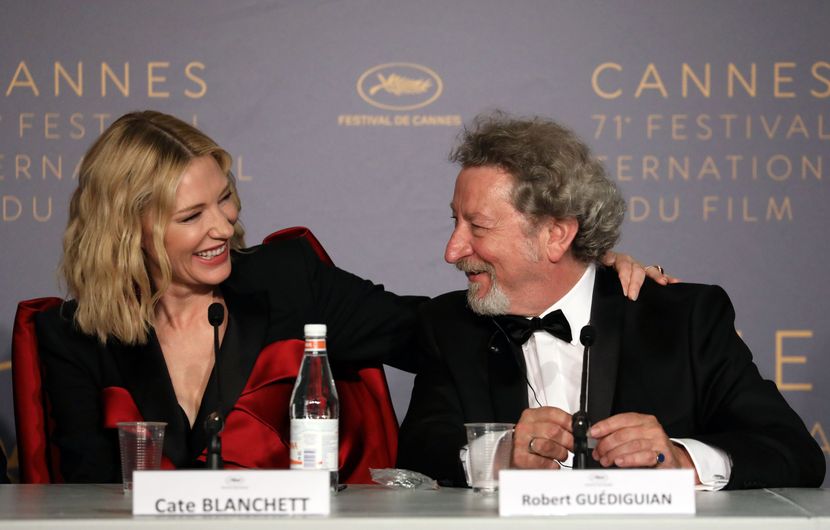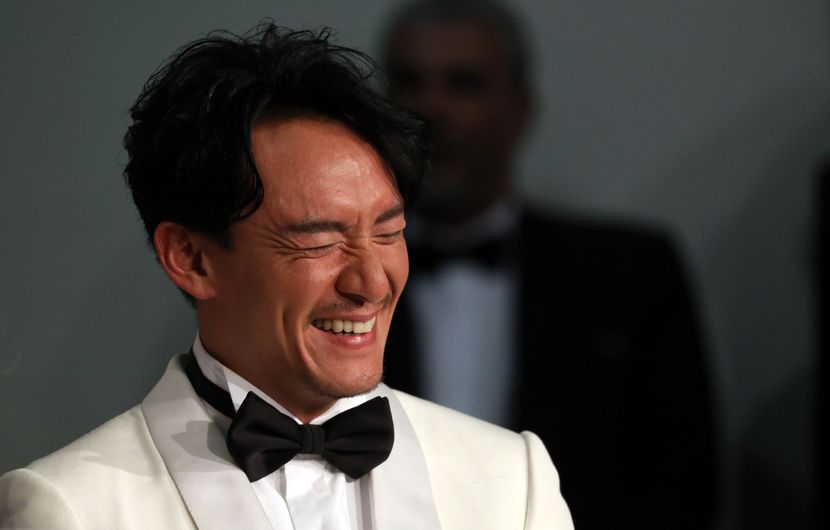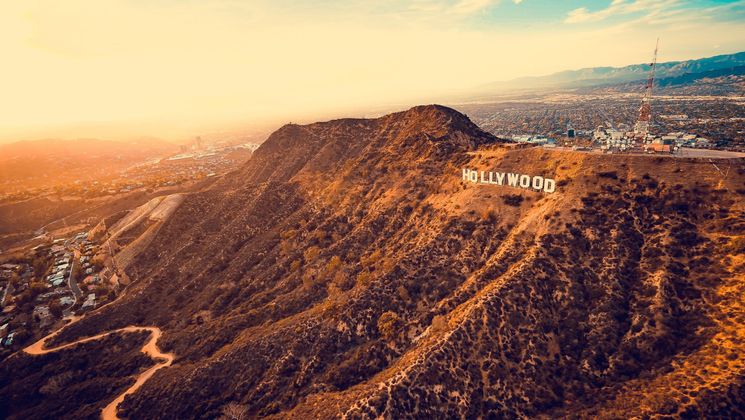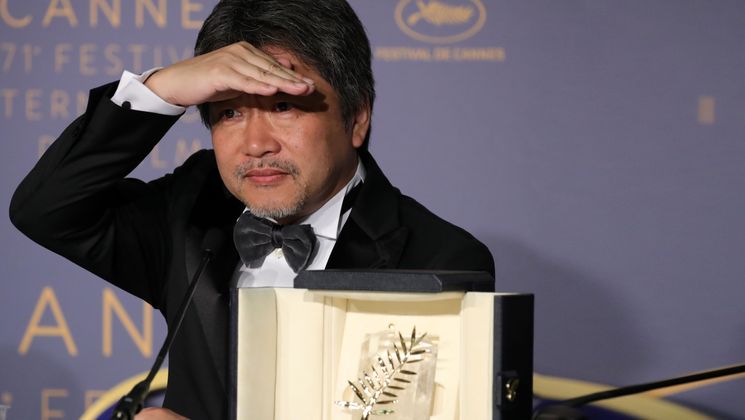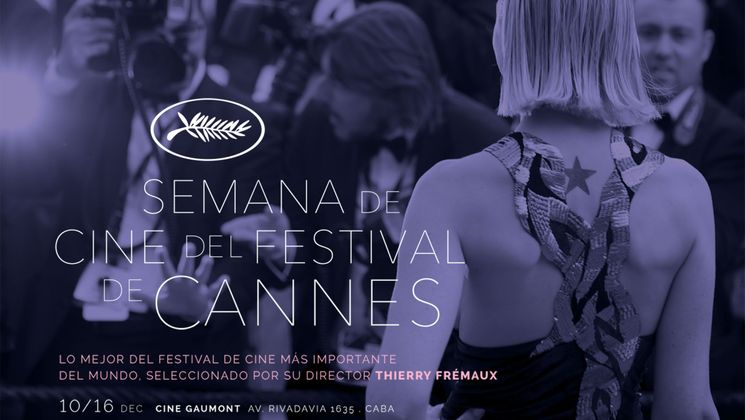Press conference of the Jury of the 71th Festival de Cannes
Meet the Feature Film Jury
Following the announcement of the Awards, members of the Jury for the 71st Festival de Cannes spoke at a press conference. Léa Seydoux, Andrey Zvyagintsev, Denis Villeneuve, Khadja Nin, Kristen Stewart, Chang Chen, Ava DuVernay, Robert Guédiguian and President Cate Blanchett were all in attendance, to answer journalists' questions.
On deliberations within the Jury
Robert Guédiguian: It was an impossible task but we succeeded. We come from a range of backgrounds but it turns out we're not so different, after all. It's the last International: the Cinema International. Beauty, goodness and poetry, that's what I aspire to. And I get the impression that all of us, from all our respective fields, agree on this.
Khadja Nin: It's as though we had been invited to the biggest restaurant in the world. Some people like fish, others prefer meat, some people are vegetarian, but in the end, we all had a huge feast and it was quite extraordinary.
Andrey Zvyagintsev: Choosing seven awards out of 21 films is almost impossible; it's like a Procrustean bed. We can't say any more, as we signed a confidentiality agreement. Although it may not necessarily have been our individual favourites, we are satisfied with the choices of the jury.
On the decision to award the Palme d'Or to Shoplifters
Cate Blanchett: There's a lot of rules… the Palme d'Or has to be something where all the elements come together, where the acting is extraordinary, where the direction is extraordinary, where the mise en scene is profound and deep… It was hard because several films we felt were like that. We're not here to judge; we're here to choose.
Denis Villeneuve: It is a film that moved us all deeply. There is a grace, an elegance, a depth in the mise en scene that really moved me.
Cate Blanchett talked about the Special Palme d'Or for Jean-Luc Godard's Image Book
We wanted to reward an artist who continues to experiment. We felt that this film was profoundly important, not only in and of itself but also in the context of the other films we saw.
About the Grand Prix for Spike Lee's BlacKkKlansman
Léa Seydoux: We felt this award was crucial. The world is changing and we think this film is a stunning portrayal of these changes.
Ava DuVernay: As an African-American filmmaker, I was completely taken by the film. I've seen every single thing [Spike Lee] has ever made, but I didn't want to influence the other members of the Jury.
Khadja Nin's thoughts about Rafiki by Wanuri Kahiu, presented at Un Certain Regard
You should know that in his country, Kenya, Rafiki is banned. It is seen as promoting homosexuality. They say that the film is dangerous, because to see homosexuality is inciting homosexuality. I don't know if war films incite war, or films on corruption incite corruption… It's only a film, it is less dangerous than corruption. Let's not forget, these young people could be imprisoned on their return home. We need to be mindful of that – you journalists in particular. Know that in Kenya, homosexuality is punishable by 14 years in prison.
